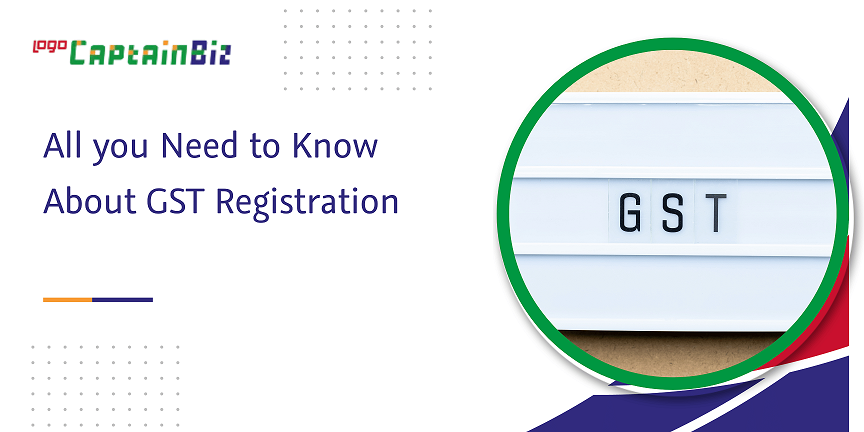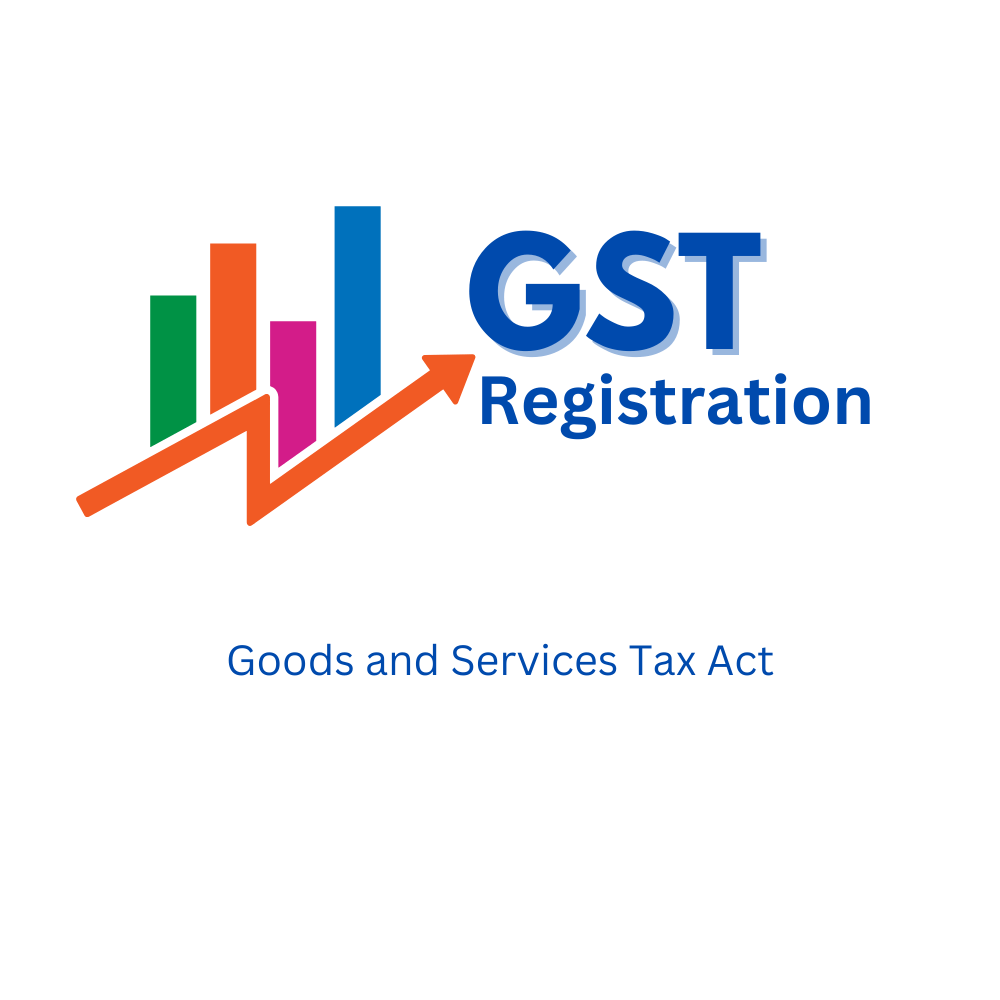Total Checklist for Efficient Singapore GST Registration
Total Checklist for Efficient Singapore GST Registration
Blog Article
Browsing the Intricacies of GST Registration: Specialist Tips and Finest Practices for Easier Compliance
Navigating the detailed landscape of Goods and Provider Tax (GST) registration requires an eager understanding of the developing governing framework and meticulous interest to information. As services strive to make certain conformity and avoid challenges, expert support and finest methods can offer as indispensable compass factors in this complex terrain. From deciphering registration demands to taking advantage of technical tools for structured processes, the journey towards smoother GST compliance is multifaceted and nuanced. Remain tuned to discover crucial strategies and insights that can help companies steer through the complexities of GST registration with finesse and confidence.
Understanding GST Registration Needs

Along with turn over thresholds, organizations participating in interstate sales or offering taxed solutions may additionally be needed to register for GST, also if their turnover is listed below the suggested limitation (Singapore GST Registration). Understanding these limits and demands is important to stay clear of charges and guarantee smooth procedures within the lawful framework
Furthermore, services need to collect and prepare the essential paperwork, such as evidence of identity, address, organization incorporation, and checking account information, prior to initiating the GST enrollment process. Falling short to supply accurate info or fulfill the registration target dates can result in penalties or various other legal effects. As a result, companies need to stay notified concerning the particular GST enrollment needs appropriate to their procedures to maintain compliance and stay clear of potential issues.
Organizing Essential Paperwork
Services getting started on the GST registration process should thoroughly assemble and arrange the essential documentation required for submission. The crucial records commonly required for GST enrollment consist of proof of business registration or identity, consolidation and address proofs of the company owners or companions, savings account information, evidence of primary workplace, and permission types. Making sure that these papers are readily available and organized can simplify the enrollment procedure and stop rejections or hold-ups.
To successfully organize vital paperwork, businesses should develop a central system for storing and classifying the needed documents (Singapore GST Registration). Utilizing electronic storage solutions can aid preserve easy accessibility and make sure that files are firmly kept. Additionally, developing a list of all necessary records can serve as a useful device to track what has been gathered and what is still required for submission

Leveraging Technology for Efficiency
Enhancing functional performance with technological integration is paramount for modern-day services navigating the complexities of GST enrollment. Leveraging modern technology can simplify procedures, decrease errors, and guarantee prompt compliance with GST policies. Among the essential methods innovation can aid in GST enrollment is via the usage of automated software application remedies. These devices can help organizations track sales, produce invoices, compute taxes, and send returns accurately. By automating these jobs, companies can conserve and reduce hand-operated errors time that would certainly otherwise be invested in repetitive administrative job.
In addition, technology can assist in smooth communication with tax obligation authorities. On-line portals and communication devices enable companies to send records, fix questions, and receive updates in a much more effective fashion. This not just speeds up the registration procedure yet also assists in preserving transparent and trusted communication with the appropriate authorities.
Moreover, cloud-based storage space remedies provide a safe system for businesses to store and access their financial data, guaranteeing compliance with GST record-keeping demands. By streamlining data storage and automating processes, companies can enhance their overall efficiency and accuracy in GST registration procedures.
Proactive Conformity Surveillance

To make certain reliable positive compliance monitoring, companies ought to develop durable internal controls, conduct periodic audits, and utilize automation devices for real-time monitoring of GST transactions. Normal training sessions for workers on GST compliance demands can also assist in creating a society of compliance within the company. Additionally, involving with tax obligation experts or professionals can give important understandings and assistance on browsing complex GST guidelines.
Engaging With Professional Consultants
Involving seasoned tax obligation professionals can substantially reinforce a business's understanding and compliance with complex GST regulations. Professional consultants bring a wide range of knowledge and experience to the table, assisting organizations navigate the complexities of GST enrollment with convenience. By leveraging their experience, companies can guarantee precise filings, decrease the risk of errors, and stay updated with the most up to date regulatory changes.
When engaging with professional professionals, it is vital to choose professionals with a strong track record in GST conformity (Singapore GST Registration). Try to find professionals that have a deep understanding of the relevant laws and regulations, as well as experience working with companies in your market. Efficient communication is crucial in this collaboration, so ensure to plainly define your expectations and establish routine touchpoints to talk about development and deal with any kind of problems
Furthermore, professional specialists can give valuable understandings and advice on optimizing your tax obligation approach, recognizing possible cost-saving chances, and enhancing your compliance processes. Overall, investing in specialist working as a consultant services can go a long means in ensuring smoother GST conformity and preventing expensive mistakes.
Verdict
In verdict, navigating the complexities of GST registration calls for a thorough understanding of the requirements, company of crucial documents, leveraging innovation for effectiveness, proactive compliance surveillance, and interaction with professional consultants. By adhering to these finest practices, businesses can make certain smoother conformity with GST policies and stay clear of possible charges or fines. It is necessary to remain informed, proactive, and diligent in taking care my company of GST enrollment to maintain conformity and maintain financial stability.
To guarantee conformity with tax laws, services must completely understand click here to find out more the complex requirements for GST enrollment. Goods and Solutions Tax Obligation (GST) is a value-added tax imposed on most products and solutions in a country, making it important for organizations to register for GST to stay clear of legal repercussions.In addition, companies must gather and prepare the required documentation, such as proof of identification, address, company unification, and financial institution account details, prior to launching the GST registration process. Organizations must stay educated regarding the details GST enrollment requirements applicable to their operations to preserve conformity and stay clear of possible issues.
The key files commonly needed for GST registration include evidence of business enrollment or consolidation, identity and address proofs of the business proprietors or companions, bank account details, proof of major area of service, and authorization types.
Report this page